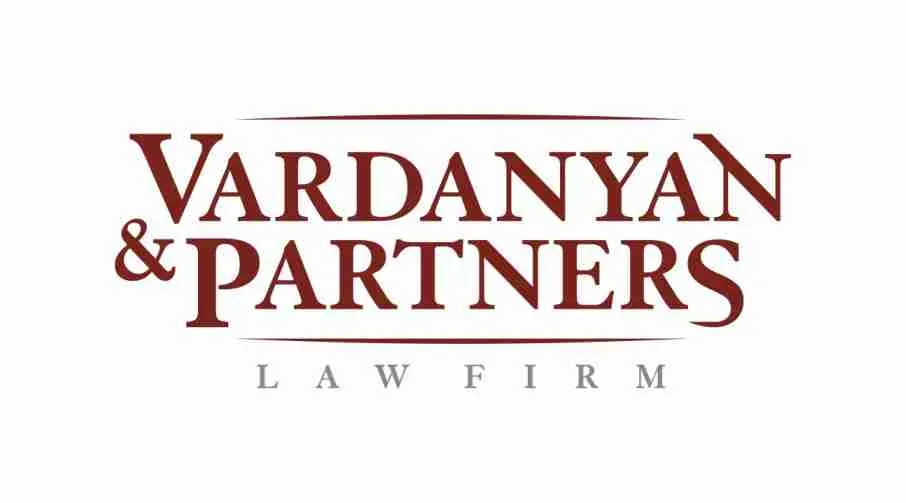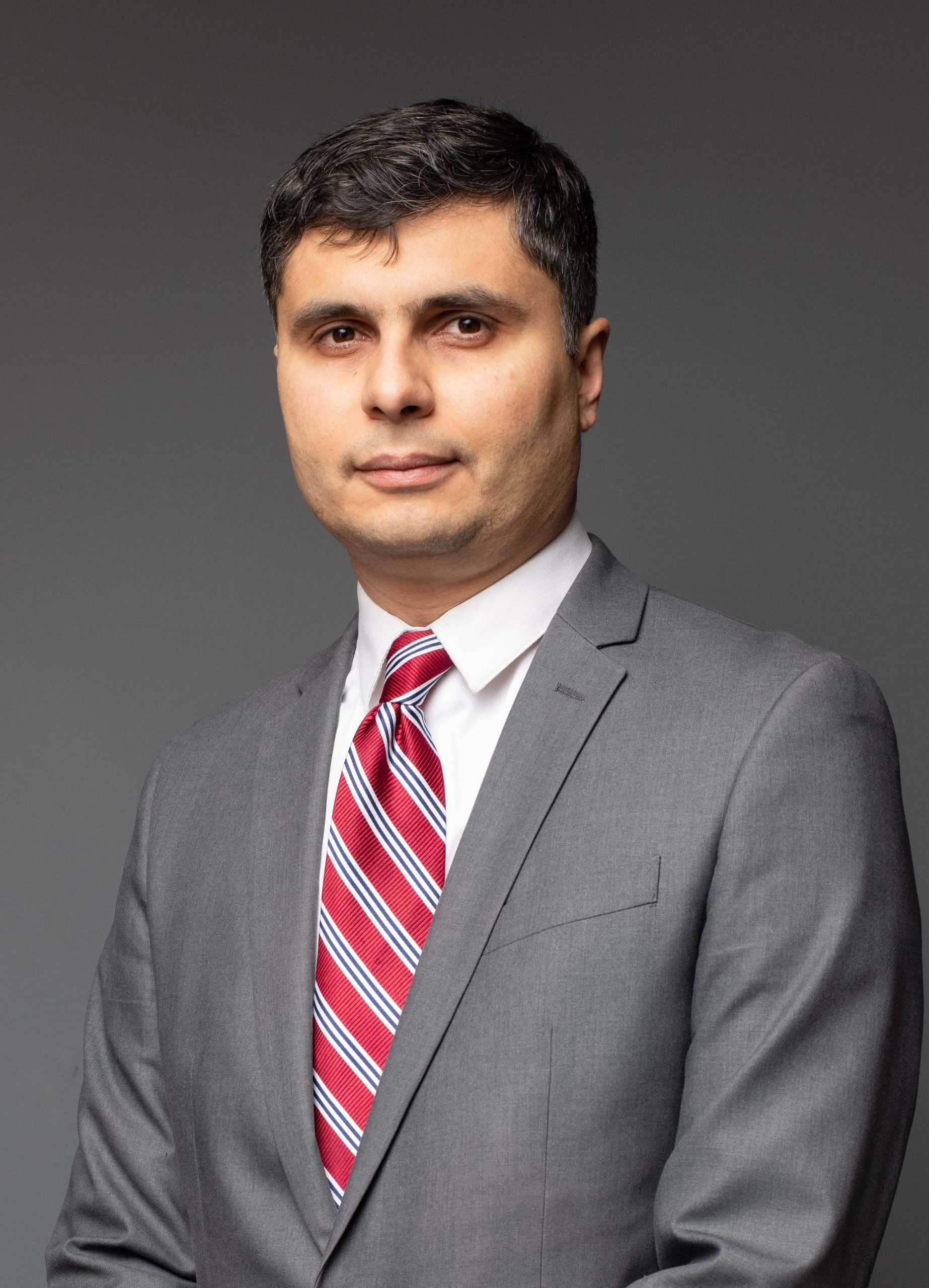Please take a moment to sign up to our newsletter -
About Us
Vardanyan & Partners is a law firm based in Yerevan, Armenia, active since 2012. We are a team of locally licensed English-speaking attorneys specialized in immigration, incorporation and compliance. We value honesty, transparency and client care.
Armenia is a country with a fascinating history and a bright future ahead. Our firm is dedicated to assisting individuals and businesses who share our belief in Armenia's potential and want to be a part of its future success.
We hope that this website will provide you with all the information you need. If you have any questions, please do not hesitate to contact us. You can fill out a form on our website, send us an email at [email protected], or reach us via phone or messaging apps such as WhatsApp, Viber, Telegram, or Skype at +374.99.00.11.67. We are always here to help you.
Nerses Isajanyan
Managing Attorney
LL.M. Georgetown University, admitted to practice in Armenia (license no. 903) and New York (license no. 5148945)
Contact Us
We will be happy to answer your questions. Please fill out this form and we will be in touch soon.
We are committed to keeping your e-mail address confidential. We do not sell, rent, or lease our contact data or lists to third parties, and we will not provide your personal information to any third party individual, government agency, or company at any time.
Services
Residency by Investment
Investors can obtain a residence permit in Armenia without being actively involved in day-to-day management of the business. Armenia has liberal immigration laws that allow various ways of becoming a resident, such as investing in existing businesses or in agriculture. Purchasing an existing business or a share in one can also qualify an investor for residency.
Digital Nomad Visa
Armenia offers temporary and permanent residence permits to digital nomads and their family members, who can apply remotely with only a valid passport. There is no minimum stay requirement. After three years of residence, it is possible to apply for Armenian citizenship and dual citizenship is allowed. The cost of living in Armenia is low and there are many investment opportunities available.
Citizenship
Armenian citizenship provides visa-free travel to 65 countries, which includes nations that are restricted to western nationals. Having dual citizenship in Armenia can serve as an "insurance policy" and can be passed down to future generations or renounced
Work Permit & Worker Relocation
Armenia requires a work permit for most foreign nationals to work in the country, except for highly skilled foreign specialists, business owners, executives, and certain other categories of workers. The permit must be applied for by the legal employer and is issued for the duration of the employment contract but no longer than one year.
Special Passport
The special residence permit, which is issued in the form of a passport, is valid for 10 years and can be extended indefinitely in 10-year increments. It is generally issued to foreigners of Armenian origin and, in some exceptional cases, non-Armenians engaged in economic or cultural activities in Armenia.
Residency & Address Registration
An Armenian residence permit allows visa-free travel and unrestricted stay in the country and the right to engage in any lawful activities, such as working, studying, or retiring. Foreigners who are residents in Armenia are required to have a registered address for official notices and other purposes.
Incorporation
Armenia provides a range of benefits for business owners, including quick and simple registration processes, affordable registration fees, minimal tax burdens, no restrictions on foreign ownership, and the opportunity for residency and citizenship. The country also boasts a highly educated yet low-cost workforce, a favorable investment climate, and a thriving diaspora community.
Employer of Record
An Employer of Record (EOR) is a third-party that hires and pays an employee on behalf of another company, handling all employment tasks such as payroll and compliance with labor laws. EOR services allow companies to streamline international growth, reduce liabilities and compliance risks, and convert freelancers and contractors into employees.
Tax Registration & SSN
To deal with various government agencies and banks, one can apply for and obtain a social security number (SSN). Additionally, any person can apply for and obtain a tax identification number, and a tax residency certificate can be issued to those who have spent at least 183 days in a year in Armenia or to those who have their "center of vital interests" in Armenia.
Marriage Registration
Foreigners can register their marriage in Armenia without any requirement to reside in the country or show other ties to it. The process is usually fast, taking as little as two business days. Remote registration with a power of attorney may also be possible.
What Makes Armenia a Good Choice for Residency
No Stay or Visit
Maintaining residency in Armenia does not require physical presence; remote application is possible.
Fast and Easy
The residency application usually takes about 80 days and only a valid passport is required.
Family Covered
Residents can sponsor extended family for residency (parents, siblings, grandchildren, etc.)
Citizenship Path
After living in Armenia for three years, citizenship can be obtained. Dual citizenship is allowed.
What Clients Say
Overall, I felt it could not have been any better. Everything was taken care of so smoothly, effortlessly, and managed very
well.
JAGDISH N.
Their meticulous attention to detail, unwavering dedication, and commitment to ensuring their clients' needs are met are truly admirable. I strongly recommend Vardanyan & Partners for their exceptional legal services.
ALI E.
It is always daunting when dealing with immigration, visas in a foreign country. The team at Vardanyan & Partners made the process for registering the business and applying for residency so much easier. I had no worries at all. The team overall really went out of their way to accommodate and assist us.
NADINE B.
As an American living in Armenia, I definitely need legal representation to help guide me through the many rules and regulations here, and I am happy that Vardanyan & Partners has been able to do just that.
JOHN B.
The team members were all professional, knowledgeable and most importantly, honest. They are hard-working and patient and were always responsive to my messages and questions. What I like most is, they are very well organized and have a modern system of work.
H. RASSA
The team of Vardanyan & Partners led us through the whole process seamlessly by navigating the bureaucracy end to end. Extremely professional yet personal and friendly service.
MATI H.
Our Proven Process of Making Armenia Your Second Home
1
Preparation
As part of the preparation process, we will take care of translating your passport, printing photos, and filling out the necessary forms.
4
Residency for Family
You can sponsor your spouse, children, parents, siblings, grandparents, and grandchildren to obtain residency in Armenia.
2
Investment
In order to qualify for residency, you have the option of either making a low-risk investment in government bonds or donating to a rural development project.
5
SSN, Tax ID, Etc.
You can obtain a certificate of registered address, a social security number, personal tax identification number, as well as a tax residency certificate.
3
Residence Permit
Applicants can choose to apply for a temporary (1-year) or permanent (5-year) residence permit remotely or in-person.
6
Bank Account
You can choose from 18 banks offering online and mobile banking, Visa and MasterCard options, and up to 11% interest on deposits in AMD, RUR, etc.

